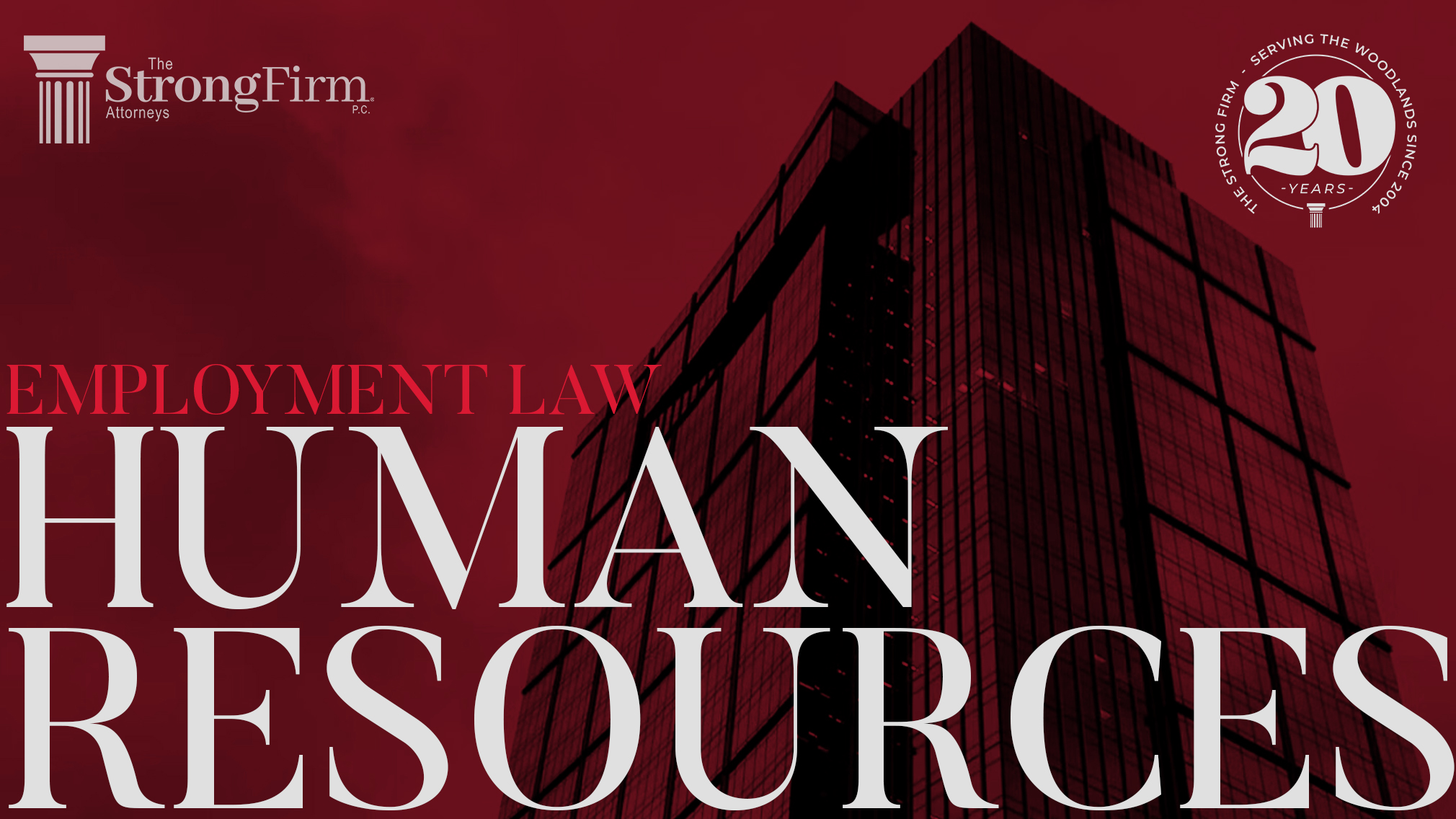Exchange-traded funds are open-ended registered investment companies regulated by the Securities and Exchange Commission under the Investment Company Act of 1940. The Securities and Exchange Commission has exempted exchange-traded funds from regulatory requirements in order to allow secondary trading on national exchanges of shares in exchange-traded funds.
The general investment objective of an exchange-traded fund is to obtain the same return as a group of securities. Exchange-traded funds may invest in all the securities included in a particular index such as the S&P 500 Composite Stock Price Index, or they may invest in securities within particular market sectors such as energy or banking. Exchange-traded funds also may be further specialized by investing in securities of companies in a particular country or region of the world.
Exchange-traded funds are classified under the securities laws as open-ended investment companies or unit investment trusts. However, exchange-traded funds differ from the usual open-ended investment company or unit investment trust because exchange-traded funds do not sell individual shares in the fund directly to open-market investors. Rather, the exchange-traded funds sell large blocks of shares ranging from the 25,000 to 600,000 shares to investors in what are known as “created units.”
The “created units” of exchange-traded funds are sold to authorized participants. Authorized participants usually are institutional investors, specialists, or market makers who buy the underlying shares of companies and then trade those shares to the exchange-traded fund in return for shares in the exchange-traded fund. The authorized participants then sell the fund shares on the open market or later redeem those fund shares for underlying shares. The fund charges creation and redemption fees to authorized participants when dealing with “created units.”
Exchange-traded funds provide a prospectus to authorized participants. Also, purchasers of the exchange-traded fund shares in secondary markets may obtain a copy of the exchange-traded fund’s prospectus. Funds that do not provide their prospectus directly to investors in secondary markets must provide a “product description” that includes information on the fund and details on how to obtain a copy of the full prospectus of the fund. Exchange-traded funds must provide shareholders with annual and semiannual reports and publicly disclose annual operating expenses and shareholder fees.
Copyright 2012 LexisNexis, a division of Reed Elsevier Inc.




























